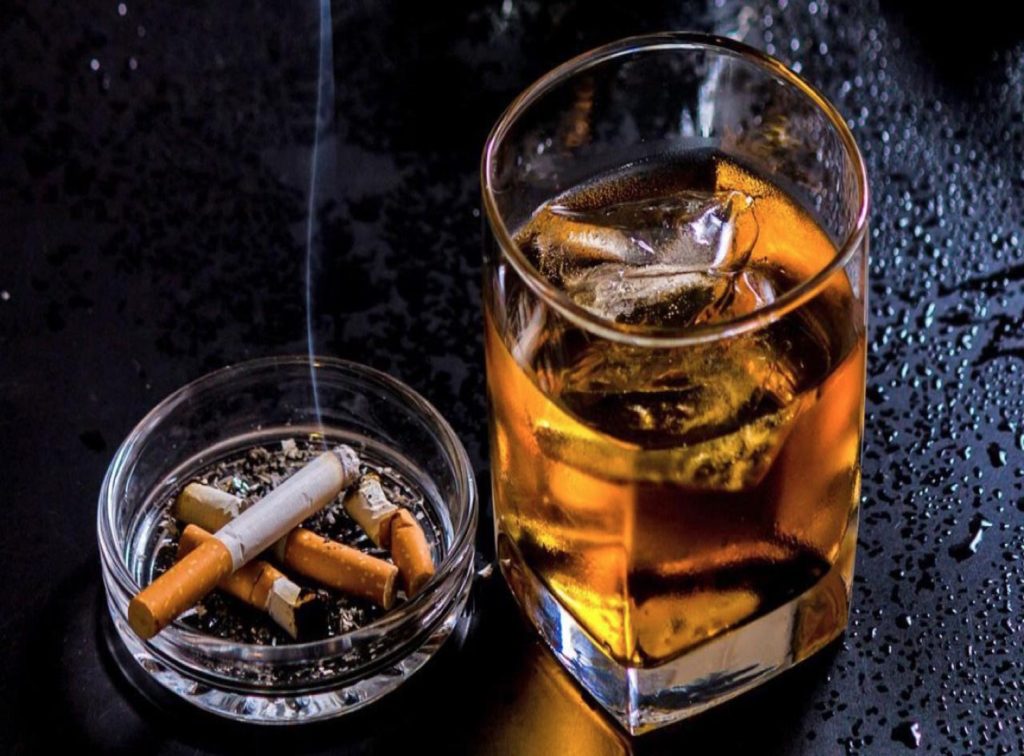Ntsoaki Motaung
The World Health Organization (WHO) has released data revealing a global trend of minimal taxation on unhealthy products, such as alcohol and sugary sweetened beverages (SSBs).
The findings underscore a widespread lack of tax initiatives aimed at promoting healthier choices, with most countries failing to utilise taxes as incentives for better behaviours.
In an effort to aid nations in this endeavour, WHO introduced a technical manual on alcohol tax policy and administration to provide support in implementing effective measures.
According to WHO, the global toll of alcohol-related deaths stands at 2.6 million annually, with over eight million attributed to an unhealthy diet.
Implementing taxes on alcohol and SSBs is seen as a crucial step in reducing these fatalities.
The report highlights a concerning trend: half of the countries taxing SSBs also tax water, a practice discouraged by WHO’s guidelines.
“While 108 countries have implemented some form of sugar-sweetened beverage tax, the global average excise tax—specifically designated for certain consumer products — constitutes just 6.6 percent of the soda price,” states WHO.
Furthermore, WHO references a 2017 study indicating that a 50 percent increase in alcohol prices through taxes could prevent over 21 million deaths in a 50-year span, generating nearly US$17 trillion in additional revenues.
This staggering amount equates to the total government revenue of eight of the world’s largest economies within a single year.
In an interview with this publication, the founder of the Anti-Drug Abuse Association of Lesotho (ADAAL), Mphonyane Mofokeng, emphasised the significant impact of taxing alcohol, citing its role in reducing consumption and incentivising companies to produce healthier alternatives.
“Implementing higher taxes on these products serves as a preventive measure against injuries and noncommunicable diseases like cancers, diabetes, and heart diseases,” Mofokeng stressed.
She also advocated for the segregation of tax revenues from tobacco and alcohol, suggesting that these funds be managed separately from the consolidated fund.
This separation, she proposed, would allow for more effective monitoring of their use, directing resources specifically toward mitigating the effects of drug abuse and alcohol consumption.
“These taxes can be allocated to various initiatives, including infrastructure development, the establishment of more rehabilitation centers, and youth programs aimed at addressing unemployment while bolstering our healthcare system,” she elaborated.
Notably, Lesotho enacted the Tobacco and Alcohol Products Levy Act in January this year. However, Legal Notice No. 89 of 2023 amended the Tobacco and Alcohol Levy, reducing the initial rates of 30 percent and 15 percent to 15 percent and 1.5 percent, respectively.




